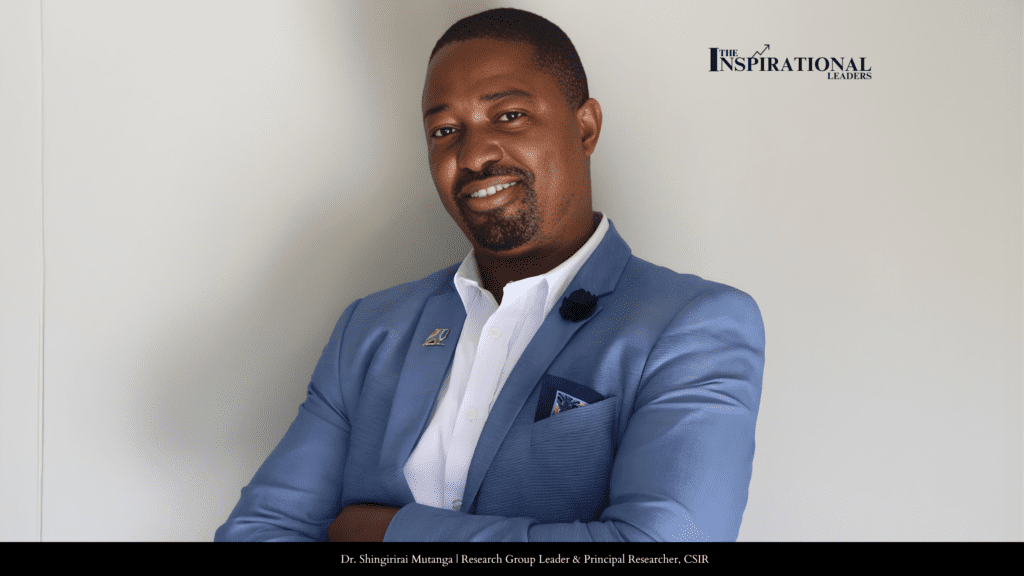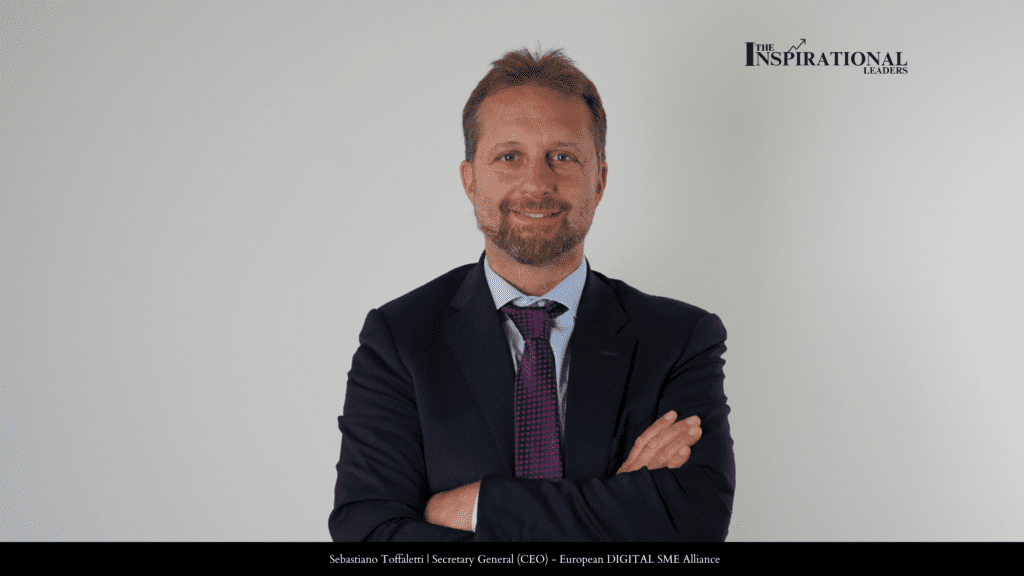Ami Tank: Leading with Clarity, Purpose, and Vision in a New Era of Cybersecurity Marketing
Digital Version In an age defined by rapid technological change, constant digital disruption, and an increasingly complex cybersecurity landscape, a new generation of women leaders is paving the way toward a more secure, innovative, and inclusive future. Among these remarkable trailblazers stands Ami Tank, Vice President of U.S. Marketing at Fortinet — a global leader in cybersecurity and one of the most influential companies shaping how organizations protect the world’s most critical assets. Ami’s journey to executive leadership is not a linear story planned from the start. Instead, it is a powerful testament to resilience, curiosity, personal reinvention, and an unwavering commitment to excellence. As a woman who transitioned from aspiring to enter the medical field to becoming a senior leader in one of the most demanding sectors in technology, her path illustrates what happens when talent, opportunity, and courage meet at the right moment. Across her career — including more than two decades at Cisco and now in her leadership role at Fortinet — Ami has built a reputation for elevating teams, strengthening cross-functional alignment, and championing meaningful customer engagement. Her approach to leadership blends authenticity, operational discipline, strategic insight, and deep empathy, creating an environment where people can thrive and organizations can achieve sustainable growth. In this exclusive feature, she reflects on her journey, her leadership philosophy, and the evolving future of cybersecurity and marketing — while offering guidance for the next generation of women determined to make their mark in business and technology. A Journey That Evolved Through Curiosity, Capability, and Purpose Ami did not envision a career in marketing when she began her professional journey. In fact, she initially imagined herself entering the medical field. She eventually realized she wasn’t using her top strengths in medicine, which led her to pivot and pursue an MBA at Loyola University Chicago. During the program, she discovered a passion for business strategy, organizational behavior, and understanding how companies operate, grow, and navigate change. Her early career began in business process management — a discipline that gave her visibility into how teams operate, how performance is shaped, and how cross-functional collaboration influences outcomes. This foundation made her uniquely equipped to identify gaps, streamline operations, and ultimately build teams capable of delivering scalable impact. When Ami joined Cisco, she stepped into a world that would define the next 22 years of her career. At Cisco, she held roles across strategy and planning, business development, enablement, and operations. Each role expanded her understanding of customers, ecosystems, and global markets. More importantly, it awakened her passion for empowering people and shaping organizational culture. What makes her journey compelling is that her transition into marketing was not simply a change of function — it was a recognition of her strengths. As she took on leadership roles across global teams, she discovered how her diverse experience positioned her to navigate complex challenges, simplify communication, and create structures that enable teams to move with clarity and confidence. Today, as Vice President of U.S. Marketing at Fortinet, Ami draws on that foundation every day. Her blend of business acumen, marketing expertise, and people-first leadership continues to shape the way Fortinet engages its customers in an increasingly competitive cybersecurity environment. Driving Impact Through Alignment, Customer Understanding, and Brand Stewardship For Ami, effective marketing begins long before a campaign launches. It starts with the people involved — the teams, the cross-functional partners, and the customers themselves. Her belief is clear: strategy cannot thrive in isolation. At Fortinet, she has focused heavily on creating alignment between marketing, sales, and product teams. This cross-functional collaboration ensures that customers experience a consistent message, no matter where or how they interact with the brand. Customer insights serve as the navigational anchor for her decisions. Ami and her team invest time in understanding how customers think, what they value, and how their needs evolve. By honoring these insights, they are able to refine messaging, test new channels, expand their reach, and elevate the overall experience. One standout example of strategic brand building under her leadership is Fortinet’s sponsorship of the LPGA Fortinet Founders Cup in 2026. This initiative is not just a marketing investment — it is an embodiment of Fortinet’s values. It deepens customer engagement while advancing women in both sports and technology, showing how marketing can amplify both brand and purpose. Through these efforts, Ami is helping shape a marketing function that is unified, data-informed, and driven by meaningful customer connections. The Unique Strengths Women Bring to Leadership in Technology This edition celebrates women who are redefining the future of business, and Ami believes strongly in the value women bring to leadership roles — particularly within industries like cybersecurity. Women leaders, she notes, often excel at building cohesive teams grounded in trust and collaboration. These environments lead to better cross-functional alignment and ultimately stronger business results. Emotional intelligence — the ability to mentor, resolve conflict, retain top talent, and uplift morale — is another strength women frequently bring to the table. These are not secondary skills; they are essential drivers of organizational performance. In cybersecurity and technology, where complexity is high and customer needs vary dramatically, Ami believes women also contribute a valuable user-centric mindset. This perspective helps create solutions and messaging that are intuitive, clear, and impactful. Ultimately, women’s leadership strengthens teams, enhances customer engagement, and adds depth to organizational culture. Ami is committed to fostering a workplace where that leadership can thrive. Turning Challenges into Catalysts for Growth Ami’s leadership philosophy is shaped not only by her professional experiences, but also by the personal challenges she has faced. Balancing a demanding career while raising two children as a single mother — and caring for a parent with dementia — required resilience, discipline, and unwavering focus. These experiences strengthened her strategic thinking, sharpened her prioritization skills, and deepened her empathy. They also reinforced her belief that challenges can serve as powerful catalysts for growth. Working in a male-dominated industry has also influenced her journey in meaningful ways. Instead of viewing this environment as




